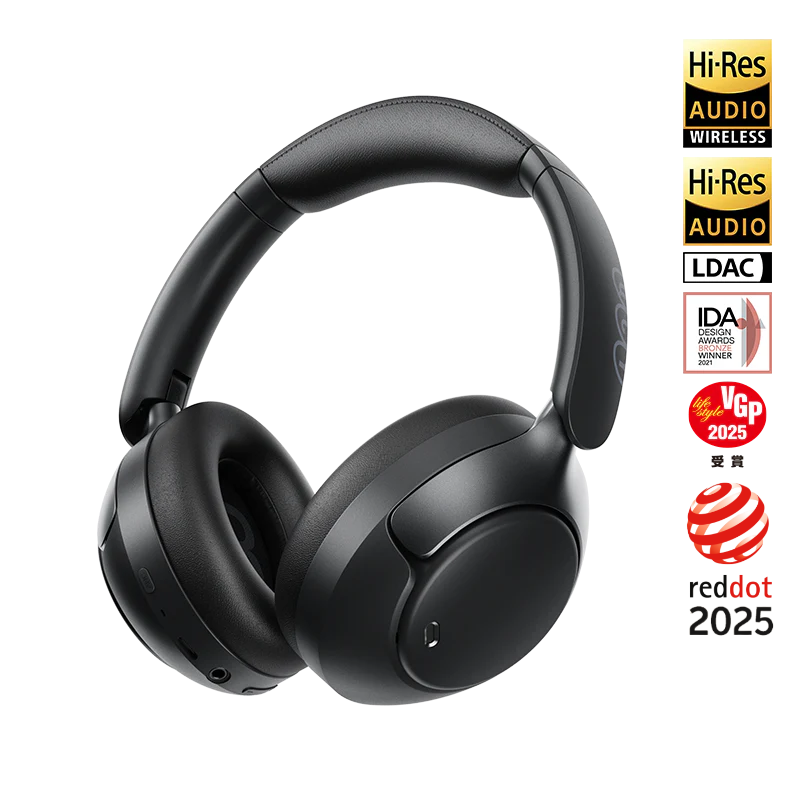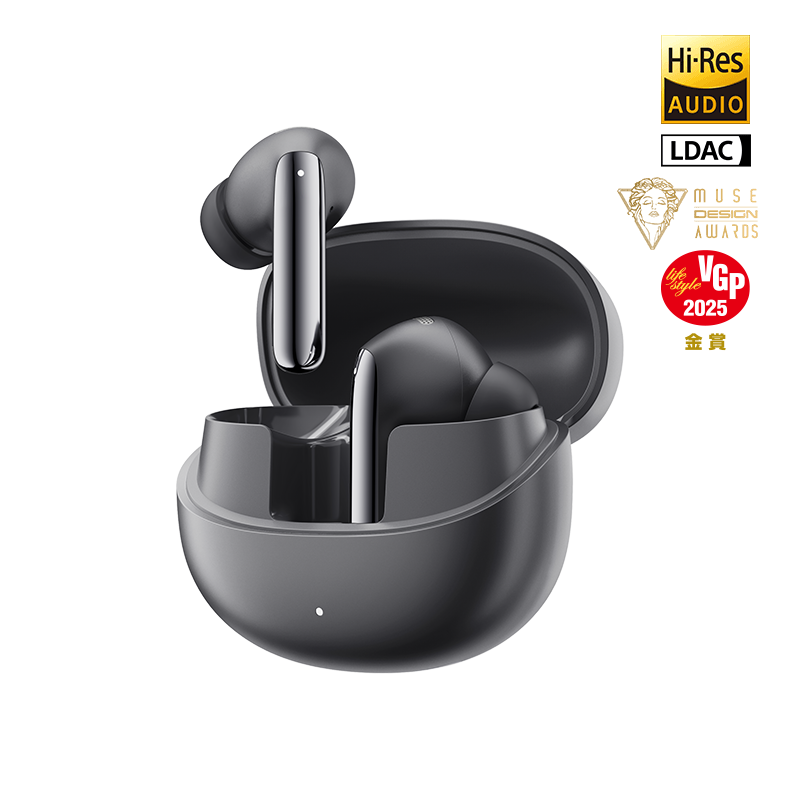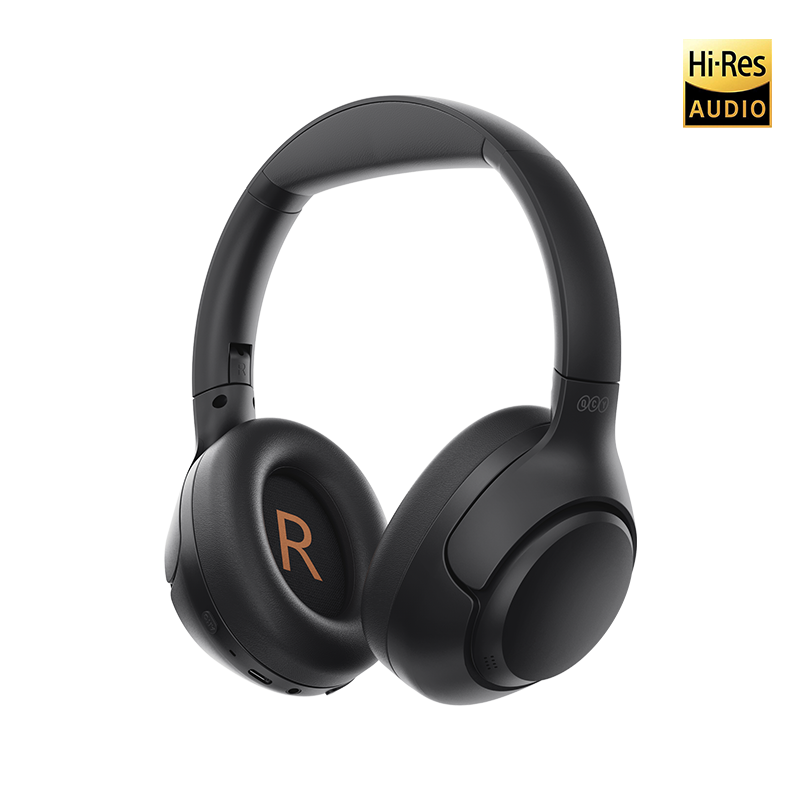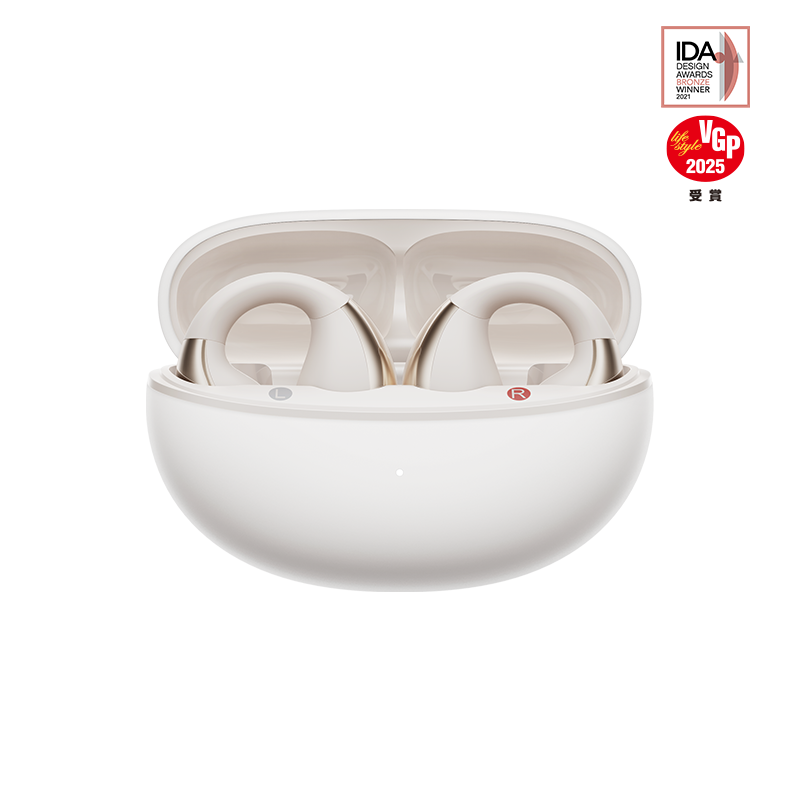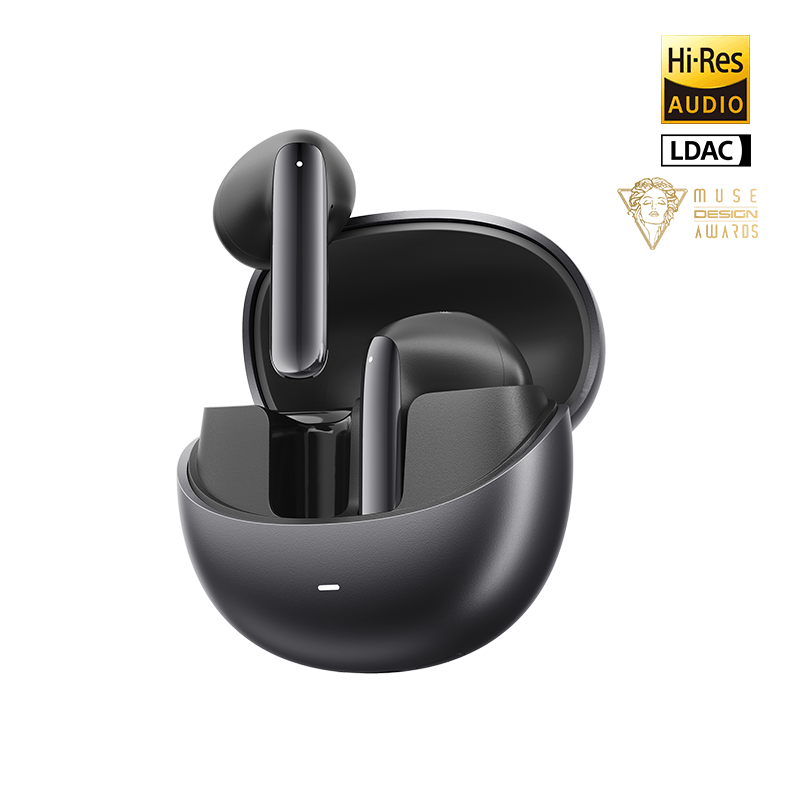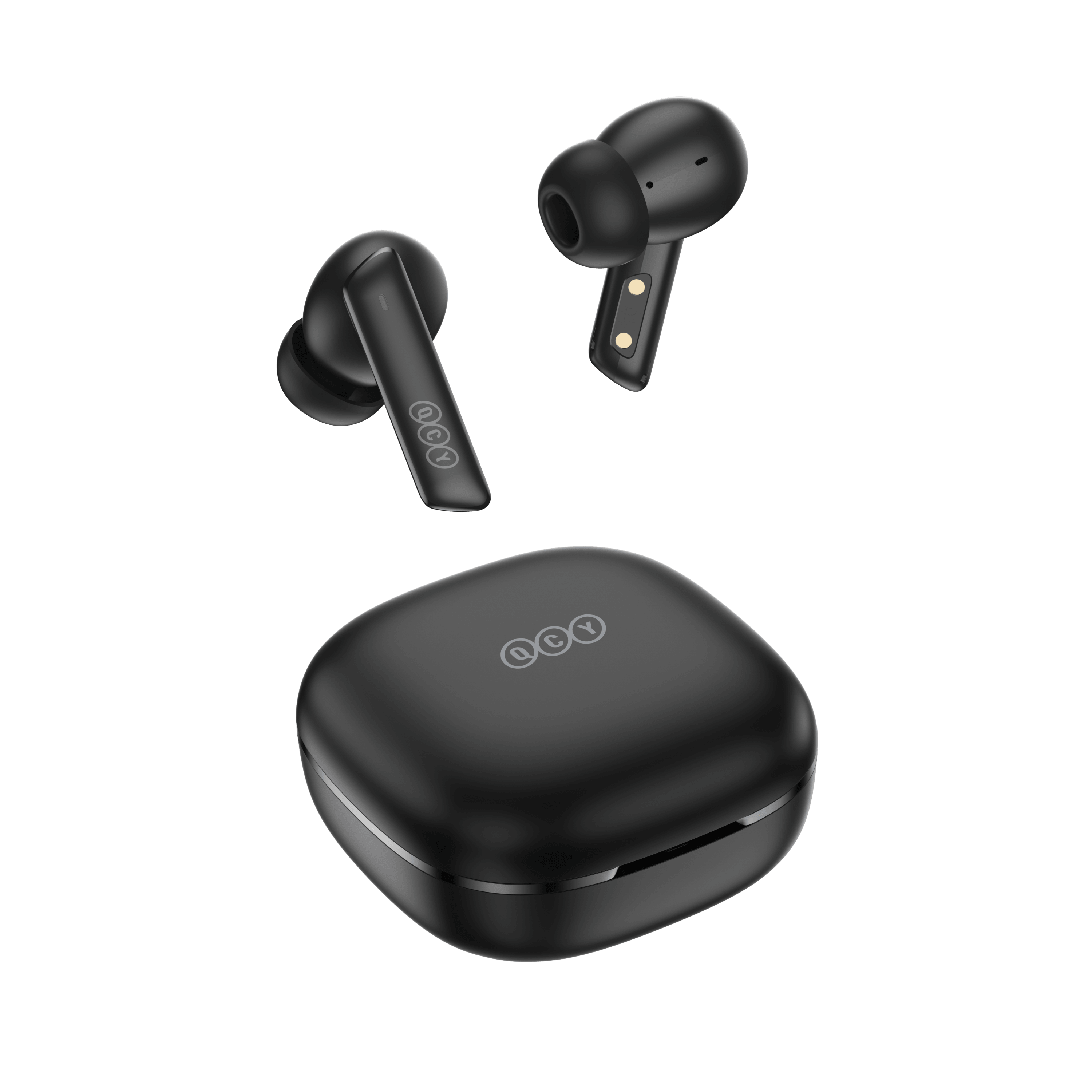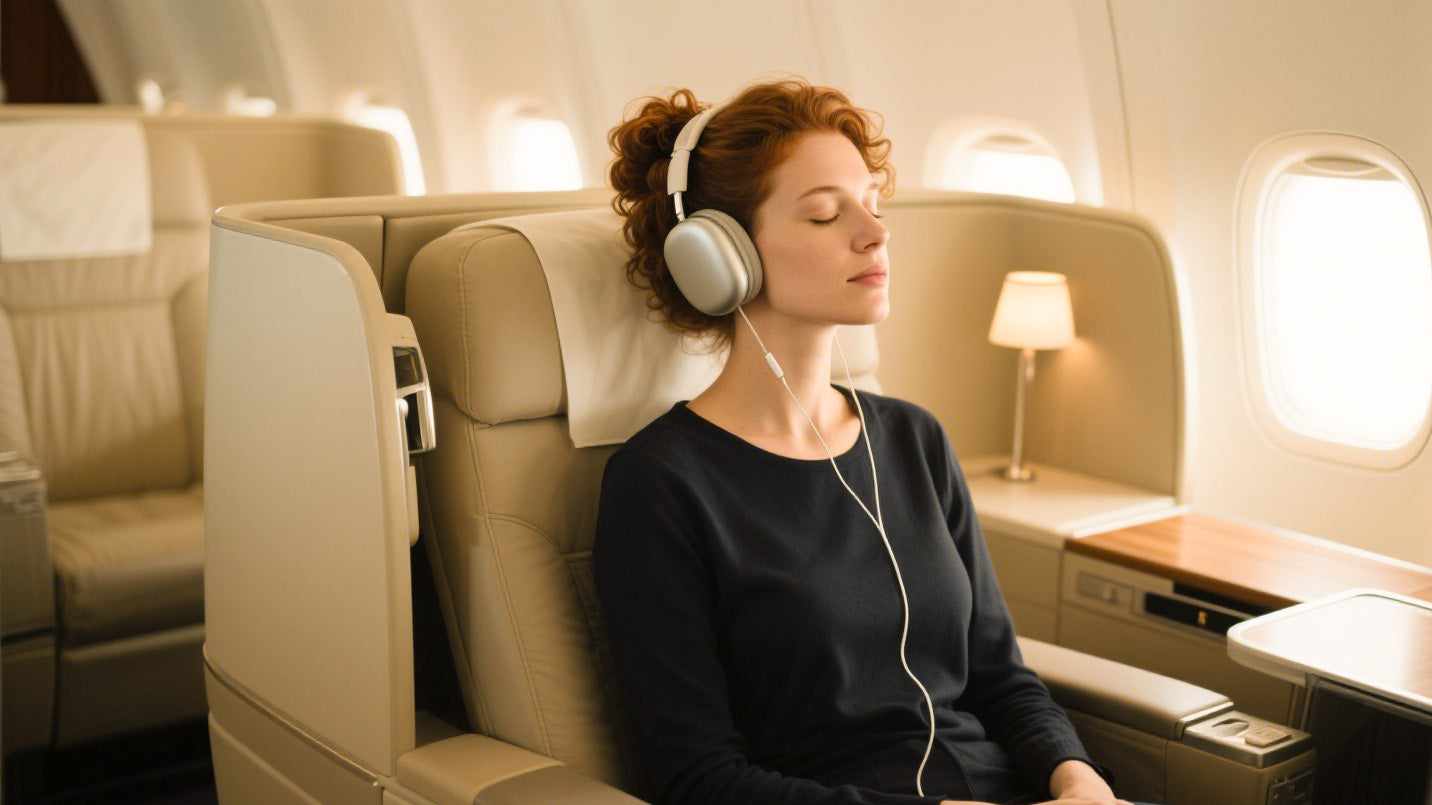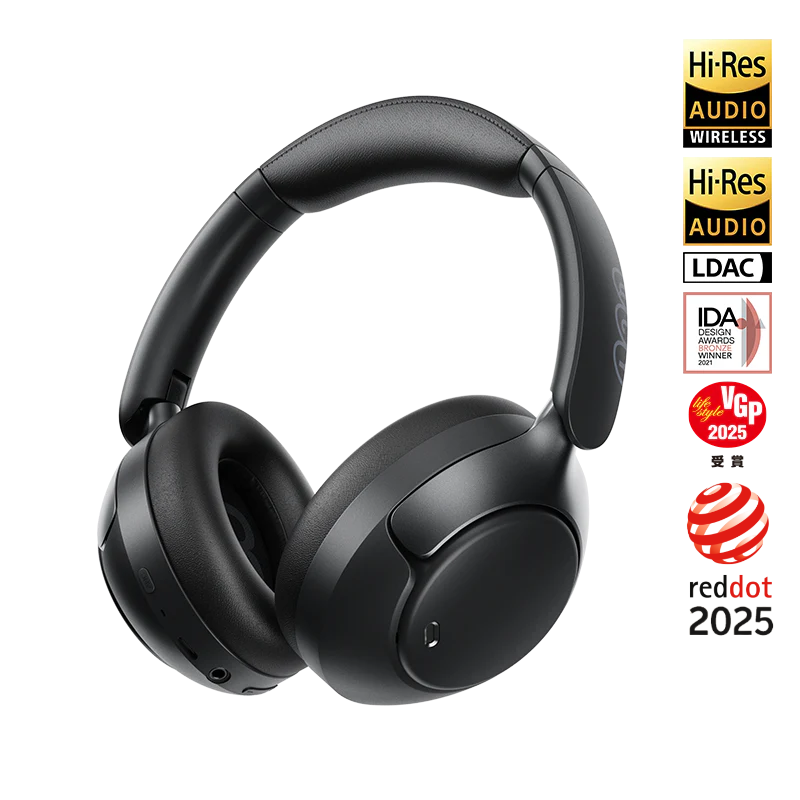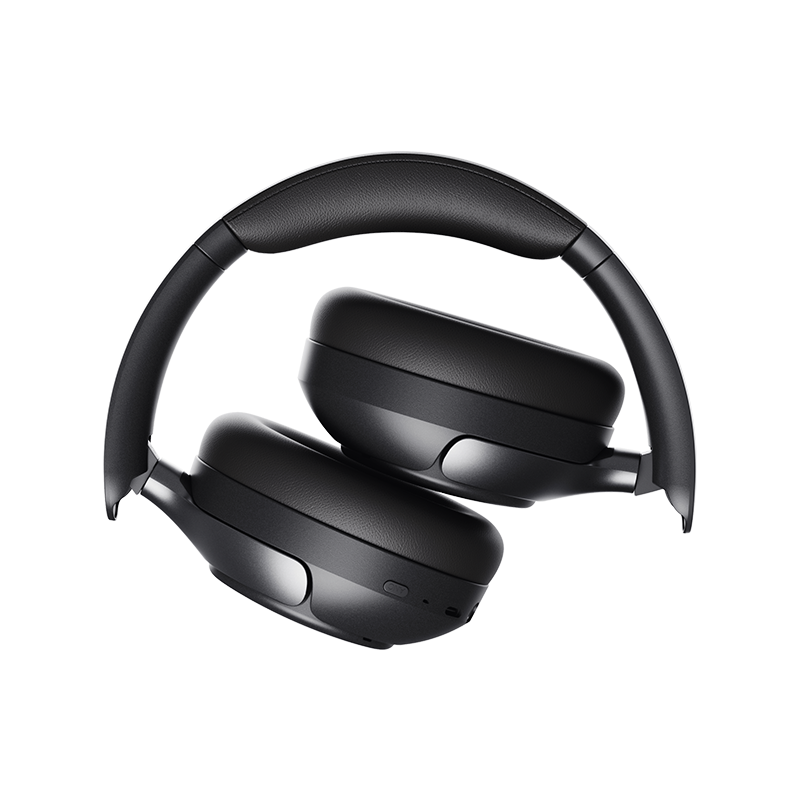
In a world where wireless technology continues to dominate, many people are starting to question the safety of the devices we use every day—especially wireless headphones. Are they truly safe? And more importantly, are wired headphones safer than wireless ones?
In this blog, we'll explore the key differences between wired and wireless headphones, evaluate their safety from both a health and privacy perspective, and help you make an informed decision about which type is right for you.
Table of Contents
- Understanding the Technology
- Are Wireless Headphones Dangerous?
- Radiation Exposure: Wired vs. Wireless
- Privacy & Security Risks
- Health Considerations
- Sound Quality and Latency
- Battery Safety
- Use Case Considerations
- Final Verdict
- Bonus Tip: What About QCY Headphones?
- Conclusion
Understanding the Technology
Wired headphones connect directly to your device using a 3.5mm audio jack, USB-C, or Lightning connector. They transmit analog signals and do not emit radio frequencies (RF).
Wireless headphones, on the other hand, use Bluetooth or radio frequency to communicate with your phone, tablet, or laptop. While they offer convenience and freedom from tangled cords, they do emit low levels of non-ionizing radiation.
Are Wireless Headphones Dangerous?
This is a highly debated topic. While Bluetooth radiation is classified as non-ionizing, meaning it doesn’t have enough energy to damage DNA or cells directly, concerns persist.
Some studies suggest that long-term exposure to radio frequency electromagnetic fields (RF-EMFs), even at low levels, may pose health risks. However, according to the World Health Organization (WHO) and the FDA, there is no conclusive evidence linking Bluetooth headphones to adverse health effects.
Still, the precautionary principle leads some people to prefer wired headphones as a safer option—especially when used for extended periods.
Radiation Exposure: Wired vs. Wireless
🔹 Wireless Headphones
- Emit RF-EMFs during operation
- Often worn very close to the brain
- Operate on 2.4 GHz frequency, the same as Wi-Fi
- Use Bluetooth Class 1 or 2, with varying power outputs (1mW to 100mW)
🔹 Wired Headphones
- Do not emit radiation
- Only conduct electrical signals
- Zero exposure to RF or microwave frequencies
Conclusion: Wired headphones are undeniably safer in terms of radiation.
Privacy & Security Risks
Wireless Headphones Risks:
- Bluetooth vulnerabilities can allow hackers to intercept audio
- Some earbuds sync with apps and collect user data
- Pairing mode can be hijacked in public places if not secured
Wired Headphones:
- Cannot be hacked remotely
- No signal transmission = no eavesdropping
- Far safer for journalists, privacy advocates, or those handling sensitive information
Winner: Wired headphones offer better security and privacy.
Health Considerations
🔹 Hearing Damage
- Wireless earbuds may promote higher volume listening due to ambient noise
- Wired over-ear models often offer better passive noise isolation
🔹 Ear Health
- Wireless in-ear buds may trap moisture and bacteria
- Wired headphones (especially over-ear) are more hygienic and ventilated
🔹 Comfort
- Wireless earbuds can cause ear fatigue after long sessions
- Wired headphones are often lighter and more ergonomic
Sound Quality and Latency
Audio Quality
- Wired = lossless, high-resolution audio without compression
- Wireless = improved with LDAC/aptX, but still compressed
Latency
- Wireless = delays (not ideal for gaming/video editing)
- Wired = zero latency, preferred by professionals
Battery Safety
Wireless headphones run on lithium-ion batteries, which can be a fire hazard if defective. Though rare, risks like overheating, swelling, or explosion exist.
Wired headphones have no battery, eliminating that risk completely—especially important for children or elderly users.
Use Case Considerations
| Use Case | Wired Headphones | Wireless Headphones |
|---|---|---|
| Gym or Outdoor | Not ideal (cords can get in the way) | Excellent for freedom of movement |
| Work & Office | Reliable for video calls, better quality | Convenient with multipoint connection |
| Gaming | Best choice due to zero latency | Wireless gaming headsets still improving |
| Air Travel | No need to charge, works with airplane | Noise cancelling great for flights |
| Kids & Teens | Safer due to no RF exposure | May be more appealing, but less safe |
Final Verdict
So, are wired headphones safer than wireless? It depends on your definition of “safe.”
- Radiation and health: Yes, wired are safer.
- Privacy and security: Yes, wired are safer.
- Convenience and portability: No, wireless are more convenient.
🔒 Choose Wired If You:
- Are concerned about radiation exposure
- Want to minimize potential long-term health risks
- Prioritize sound quality and security
- Don’t want to deal with charging or pairing issues
📶 Choose Wireless If You:
- Need mobility and convenience
- Are comfortable with current Bluetooth safety data
- Value active noise cancellation and multipoint pairing
- Prefer modern design and smart features
Bonus Tip: What About QCY Headphones?
For the extremely health-conscious, QCY headphones offer a hybrid solution. They reduce EMF exposure by offering both wired and wireless use. A top example is: QCY H3 Pro
🎧 Looking for a Safer Yet Premium Alternative? Try QCY H3 Pro
- ✅ Two modes – Both wired and wireless modes are available
- ✅ 50dB Adaptive ANC – Cancel background noise effectively
- ✅ Hi-Res Audio + LDAC – Enjoy studio-grade detail
- ✅ 40mm Titanium Drivers – Powerful immersive sound
- ✅ 55-hour Battery Life – Ultra-long playtime
- ✅ Crystal Clear Calls with AI ENC
Whether you’re at work, on the move, or relaxing at home, the QCY H3 Pro gives you the freedom of wireless with the peace of mind of wired safety.
Conclusion
While the convenience of wireless headphones is undeniable, safety—both health and privacy-wise—should not be overlooked. Wired headphones continue to offer peace of mind, reliable performance, and zero RF exposure, making them a solid choice for anyone concerned about long-term effects of modern technology.
Whether you're an audiophile, a privacy advocate, or simply someone who prefers keeping things simple—wired might be the way to go.











